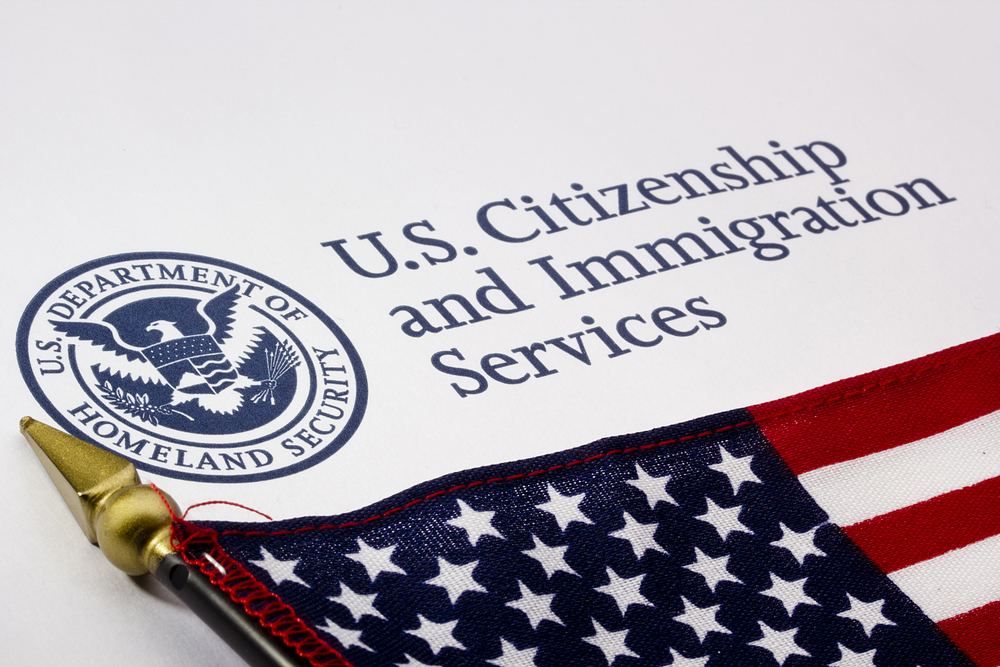Citizenship signifies a bond, a mutual pact between an individual and a nation. Historically, it has been the culmination of a journey, often marked by years of residency, cultural assimilation, or ancestral ties.
Yet, in a world rapidly evolving, the concept of how one acquires citizenship is also shifting. One might wonder, amidst the various avenues to attain this status, is there a need for a formal test?
The answer isn’t always straightforward. While certain pathways necessitate rigorous examinations, others might offer a more immediate connection, a phenomenon known as automatic citizenship.
Scenarios Leading to Automatic Citizenship
The tapestry of automatic citizenship is rich and varied, woven with threads from diverse global practices and unique individual circumstances. Let’s delve into some of the prominent scenarios that lead to this instantaneous bond between an individual and a state:
Birthright Citizenship (Jus Soli)
Originating from the Latin phrase meaning “right of the soil,” Jus Soli refers to the practice where individuals gain citizenship based solely on their place of birth, regardless of the citizenship status of their parents. The United States, Canada, and most countries in the Americas are strong proponents of this principle. It ensures that every child born within the borders of these nations automatically becomes a citizen, fostering a sense of inclusivity and reducing the risk of statelessness. However, critics argue that this can be exploited, leading to ‘birth tourism’ where individuals visit a country specifically to give birth and secure citizenship for their child.
Descent-based Citizenship (Jus Sanguinis)
Literally translating to “right of the blood,” Jus Sanguinis is the counterpoint to Jus Soli. In this scenario, citizenship is determined not by the location of birth but by lineage or descent. Many European countries, such as Germany and Italy, prioritize this principle. It allows descendants of emigrants to reclaim the citizenship of their ancestors, preserving cultural and familial ties across generations. On the flip side, it can inadvertently lead to prolonged statelessness for those born to non-citizen parents in countries that don’t recognize Jus Soli.
Marriage to a Citizen
Love knows no borders, and in many countries, marriage serves as a direct route to citizenship. While not always “automatic,” marrying a citizen can significantly expedite the naturalization process. For example, in France, a foreign spouse of a French citizen can apply for citizenship after four years of marriage. This practice acknowledges the bond of family and promotes unity. However, countries remain vigilant about potential ‘sham marriages’ orchestrated solely for citizenship benefits.
Citizenship by Investment
Some nations offer a golden ticket to citizenship—for a price. Citizenship by investment programs, as seen in nations like Malta, St. Kitts and Nevis, and Cyprus, grant citizenship to individuals (and often their families) in exchange for significant financial investment in the country. This can be through real estate purchases, donations, or business investments. While these programs can inject substantial capital into a nation’s economy, they’re not without controversy. Detractors believe citizenship shouldn’t be ‘for sale’ and raise concerns about potential misuse by those seeking to evade taxes or legal consequences in their home countries.
The Pros and Cons of Automatic Citizenship
The privilege of automatic citizenship, while advantageous in many ways, is not devoid of criticism. The socio-economic, political, and individual implications of these various paths present a dichotomy that’s essential to unpack.
Economic Implications
Pros:
- Boost to Economy: Citizenship by investment, for instance, can provide a significant influx of capital. This financial boost can aid infrastructure projects, boost the real estate market, and increase overall GDP.
- Labor Market Expansion: Granting citizenship can potentially enlarge the workforce, especially in countries facing declining birth rates or labor shortages.
Cons:
- Potential Exploitation: ‘Birth tourism’ resulting from Jus Soli can place strain on public services, including healthcare and education, especially if a large number of non-resident parents take advantage of it.
- Risk of Economic Disparity: Offering citizenship to wealthy investors might lead to income inequality, as these individuals could possess disproportionate economic influence.
Cultural and Social Implications
Pros:
- Diversity and Inclusion: Practices like Jus Soli promote inclusivity, ensuring children of immigrants feel a sense of belonging and become integrated members of society.
- Strengthening Ties: Jus Sanguinis strengthens cultural and familial ties, allowing descendants of emigrants to reconnect with their ancestral roots.
Cons:
- Cultural Friction: Rapid diversification due to automatic citizenship might lead to cultural friction if integration mechanisms are not robust.
- Misuse Concerns: The expedited path to citizenship through marriage might be abused, leading to ‘sham marriages,’ which can undermine the sanctity of the process.
Political Implications
Pros:
- Reduction of Statelessness: Birthright citizenship can play a pivotal role in reducing statelessness, ensuring every individual has rights and a sense of belonging.
- Diplomatic Relations: Granting citizenship under special circumstances, like for refugees, can strengthen international relations and position a country as humanitarian.
Cons:
- Political Manipulation: There are concerns that wealthy individuals gaining citizenship by investment could unduly influence political decisions.
- Security Concerns: Without rigorous background checks, granting citizenship could potentially provide a safe haven for those with malevolent intentions.
Individual Implications
Pros:
- Personal Security: Automatic citizenship offers individuals the protection of the state, ensuring access to rights, healthcare, education, and more.
- Identity and Belonging: For many, especially those who might have been stateless or part of diaspora communities, citizenship provides a deep sense of identity and belonging.
Cons:
- Overwhelming Expectations: New citizens might face pressures to quickly integrate, leading to a possible loss of original cultural identity.
- Economic Pressure: For those pursuing citizenship by investment, the substantial financial commitment can be daunting.
Conclusion
The journey to understanding automatic citizenship is a testament to the dynamic interplay between individual aspirations and national imperatives. As we navigate the evolving landscape of global migration, climate challenges, and technological advancements, the very essence of citizenship is bound to be redefined.
It serves as a reminder that while borders may delineate nations, it’s the shared values, mutual respect, and collective progress that truly forge the bonds of citizenship. As the world transforms, so too will our understanding of belonging and identity.





















